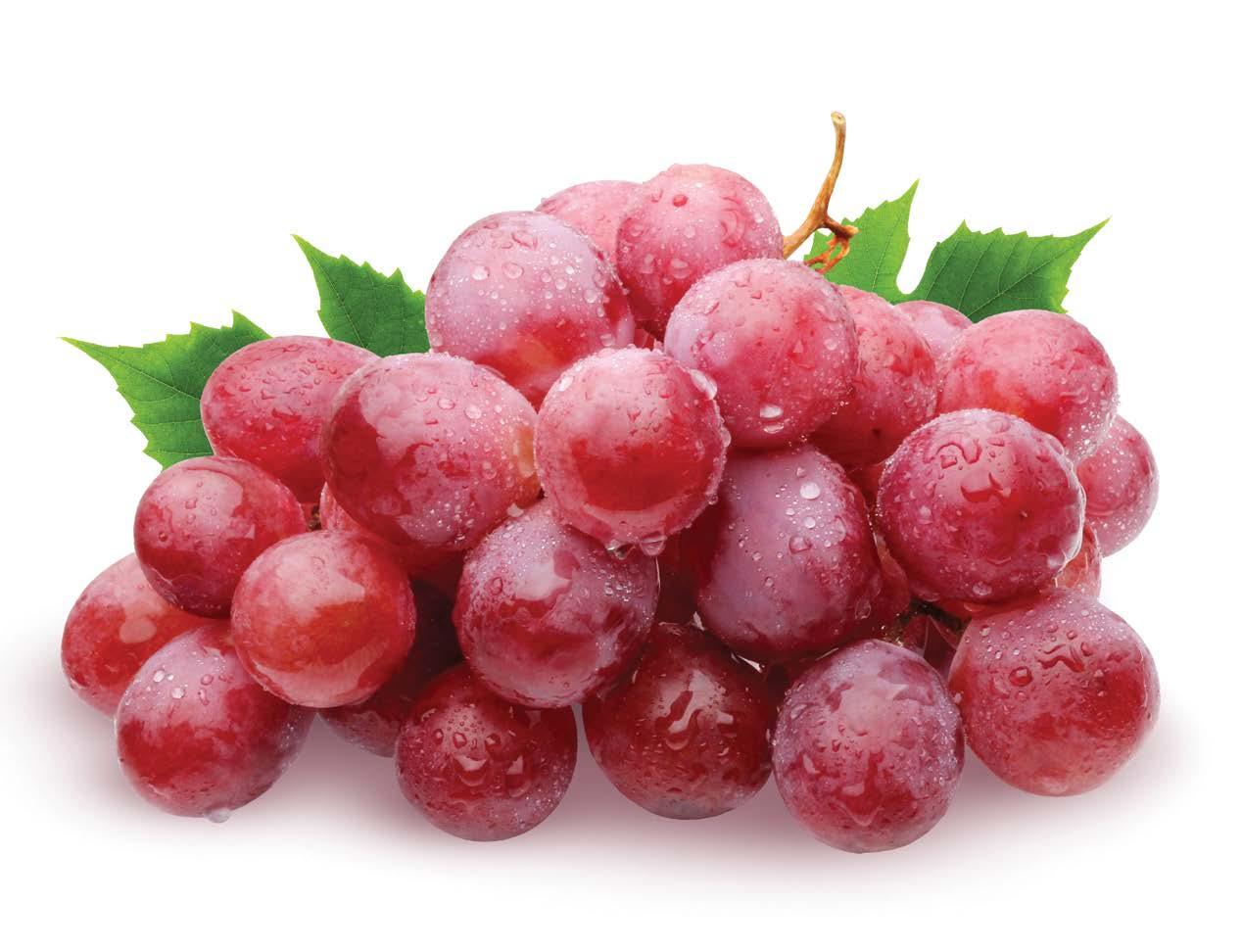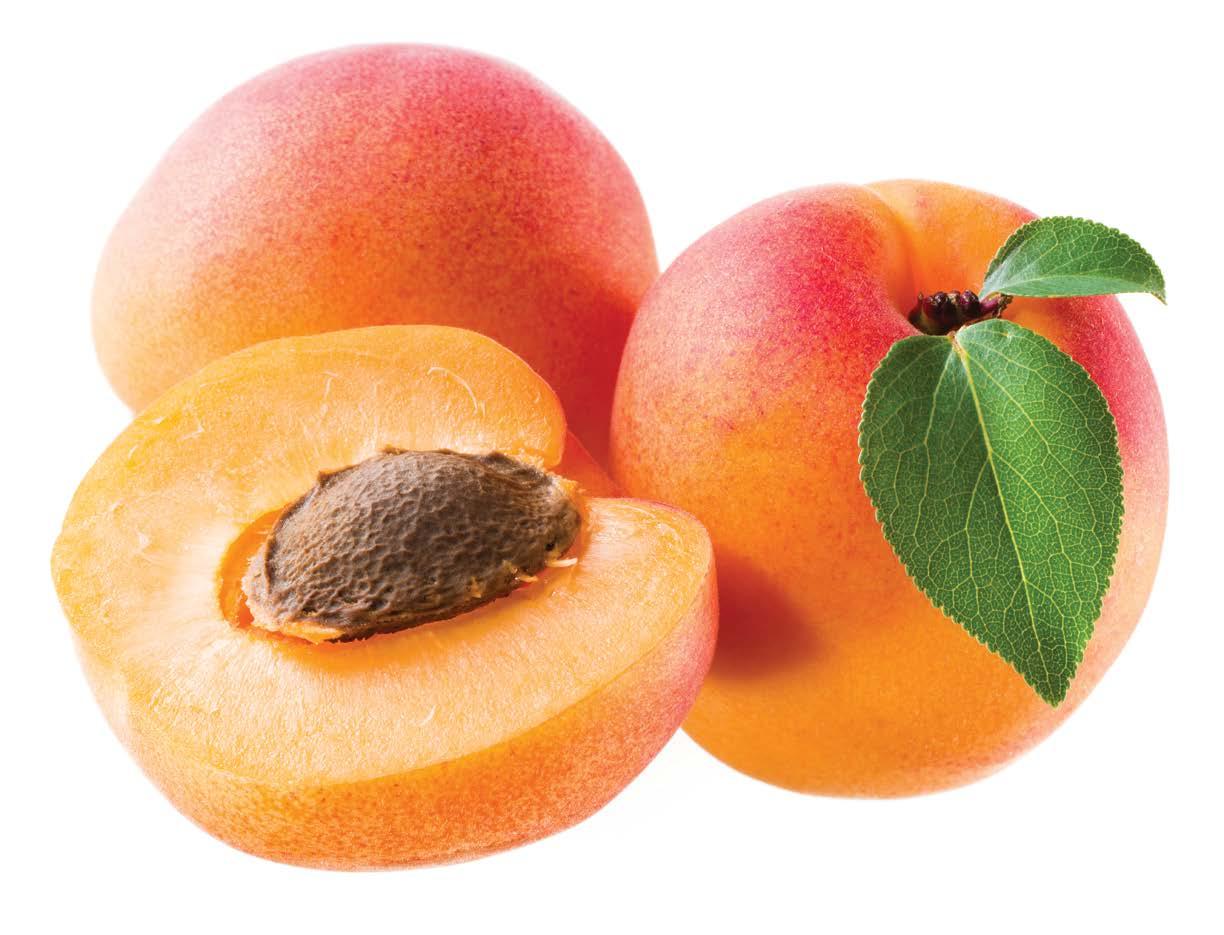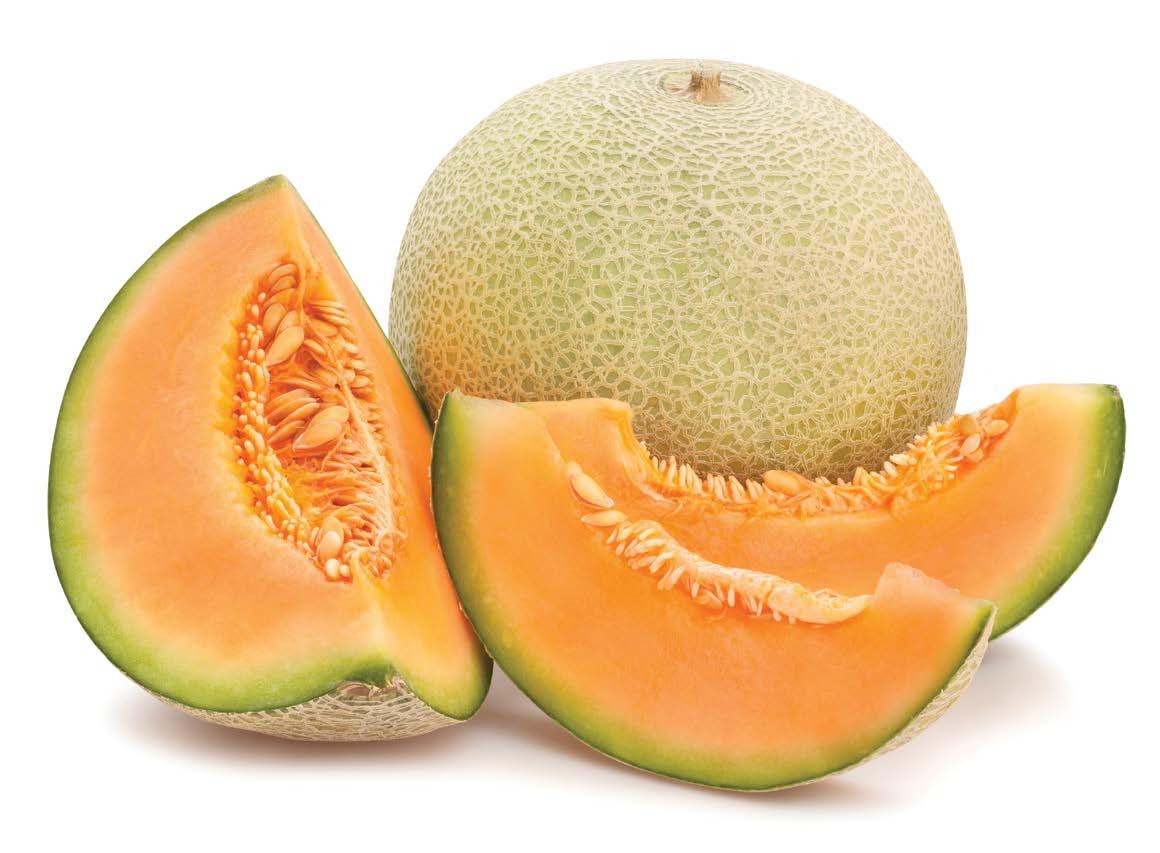There are over 3000 varieties of pears worldwide.
Pears NUTRITION
Nutrition Facts
Pears are a good source of several nutrients, such as:
Amount per serving
Soluble and Insoluble Fiber work together to keep you fuller for longer, aid in losing weight, and assist with keeping you regular. They can improve blood sugar and lower cholesterol. Vitamin C protects tissues supporting your entire body. It’s an antioxidant defending you from disease and the effects of aging. Your body’s ability to take in iron also improves with Vitamin C. Vitamin K aids in blood clotting and builds strong bones.
Serving size
Calories
85.8
Total Fat 0.2g
0%
Saturated Fat 0g
0%
Polyunsaturated Fat 0g Monounsaturated Fat 0g Cholesterol 0g
0%
Sodium 1.5mg
0%
Potassium 176mg
5%
Total Carbohydrate 22.9g
8%
Dietary Fiber 5g
20%
Sugar 14.5g Protein 0.6g
1%
WAYS TO E AT A N D C OOK W I T H P E ARS
Vitamin A
1%
Sweet as honey, this fruit pairs with so many dishes!
Vitamin C
10%
Calcium
1%
Iron
1%
Vitamin D
0%
Vitamin B6
2%
Magnesium
3%
Spiced Pear Overnight Oats: In a small jar or container with a lid, mix ½ cup of rolled oats, ½ cup low-fat milk and ½ cup yogurt, one spoonful of maple syrup or brown sugar, a sliced pear and a pinch of cinnamon. Cover and refrigerate overnight. It can be eaten cold or warmed in the microwave for 60-90 seconds. Pear and Nut Salad: Toss a bowl of mixed greens with diced pear, dried fruit, feta cheese, and 1-2 spoonfuls of your favorite dressing. For something extra, candied walnuts and chicken will make the dish even more well-rounded.
8
1 pear
Fruit & Vegetables: Facts, Nutrition and Recipes
*The % Daily Value (DV) tells you how much a nutrient in a serving of food contributes to a daily diet. 2000 calories a day is used for general nutrition advice.









































